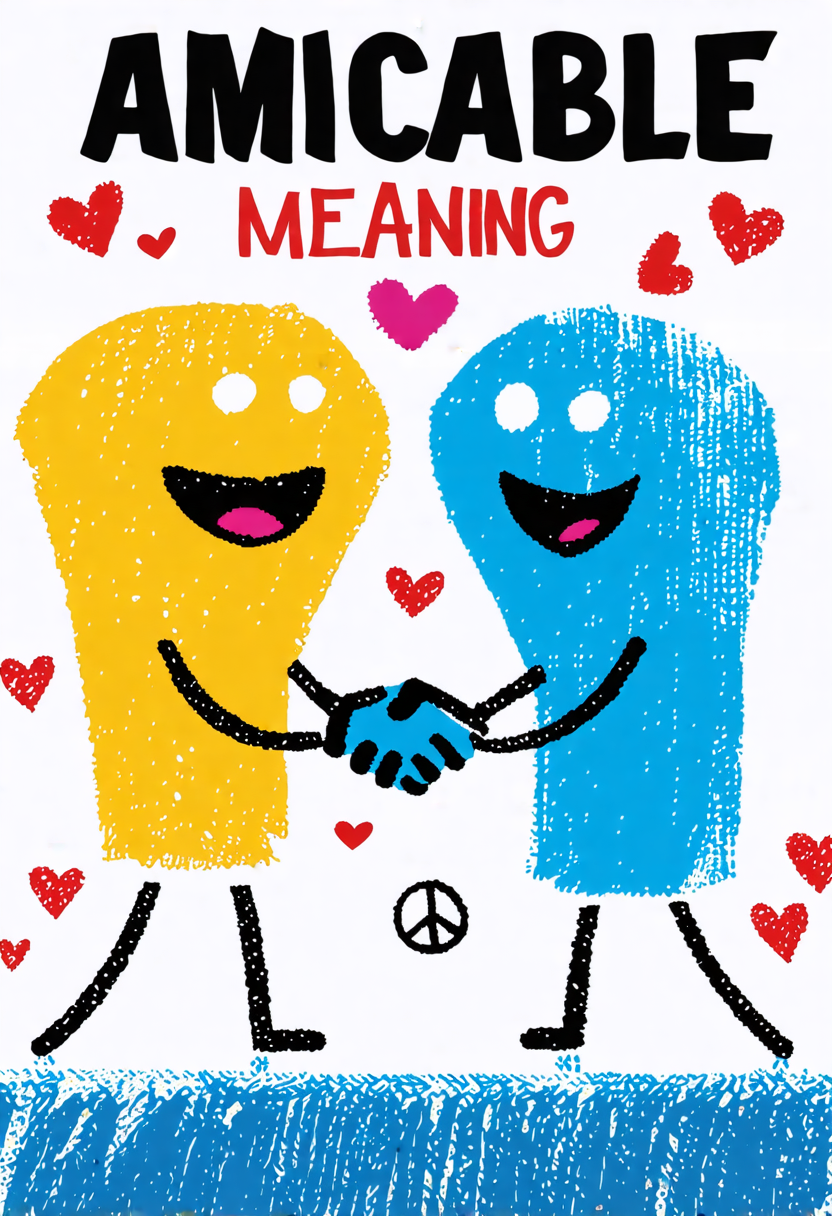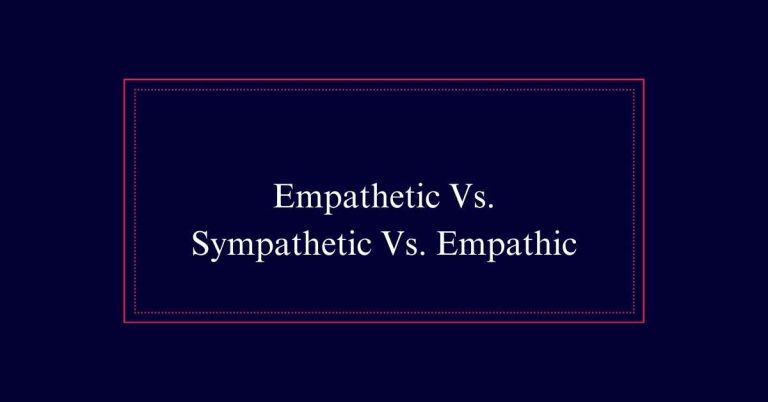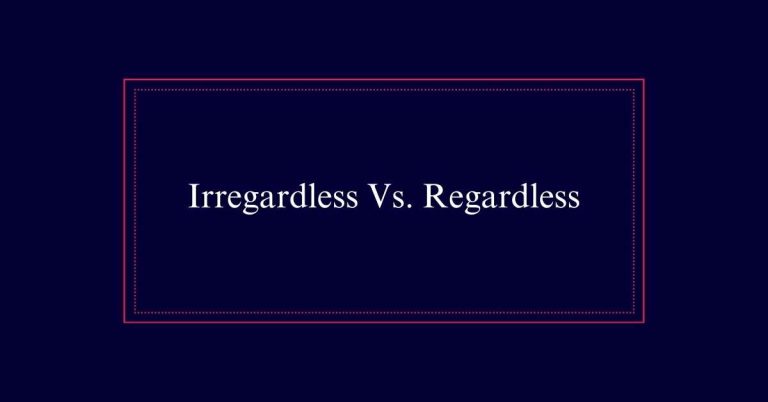Amicable meaning
Amicable means resolving conflicts peacefully and agreeably, often used in legal, professional, and personal contexts. Originating from the Latin word ‘amicus,’ meaning friend, it highlights positive interactions. Synonyms include friendly and harmonious.
Amicable settlements are common in divorce cases or business disputes, where parties seek mutual satisfaction. It differs from ‘amiable,’ which describes a friendly demeanor. In relationships, being amicable promotes mutual respect and understanding. Examples include international treaties and workplace negotiations.
Definition of Amicable
The term ‘amicable’ refers to a desire to avoid conflict and resolve matters in a peaceful manner. It is used to describe interactions and relationships that are handled without hostility.
An amicable settlement emphasizes resolving disputes through cooperation rather than confrontation. This approach is vital in legal, professional, and personal contexts, where maintaining harmony is essential.
The word originates from the Latin ‘amicus,’ meaning friend, highlighting its focus on friendliness and peaceful interactions. Unlike its counterpart ‘amiable,’ which often describes a person’s nature, ‘amicable’ is more about the nature of situations and relationships.
Synonyms of Amicable
Exploring synonyms of ‘amicable’ reveals terms like friendly, peaceable, and harmonious. These words share a common theme of fostering positive and conflict-free interactions.
‘Friendly’ suggests warmth and kindness in relationships.
‘Peaceable’ emphasizes a disposition inclined towards peace and avoiding conflict.
‘Harmonious’ implies a state of agreement and cooperation.
Each synonym adds a subtle nuance to the concept of amicable, but all convey a sense of mutual respect and understanding. Employing these synonyms can enrich descriptions of interactions and relationships that are characterized by goodwill and cooperation.

Amicable Settlements
Amicable settlements aim to resolve disputes peacefully without resorting to confrontation. These settlements seek to find common ground, ensuring that both parties feel satisfied with the outcome. They are often used in legal disputes, business negotiations, and personal conflicts. The advantages of amicable settlements include saving time, reducing legal costs, and maintaining relationships.
| Advantages | Description |
|---|---|
| Time Efficiency | Faster resolution compared to litigation. |
| Cost Savings | Lower legal and court fees. |
| Relationship Preservation | Helps maintain positive relationships. |
| Stress Reduction | Less stressful than contentious battles. |
Amicable Vs. Amiable
Despite their similarities, ‘amicable’ and ‘amiable’ have distinct applications in language. ‘Amicable’ generally refers to a desire to avoid conflict in relationships and situations. In contrast, ‘amiable’ describes someone or something that is friendly and agreeable.
To further clarify:
- Amicable: Used for peaceful resolutions in potentially contentious situations. Example: ‘The two parties reached an amicable agreement.’
- Amiable: Refers to a person’s pleasant and friendly disposition. Example: ‘She has an amiable personality.’
- Context: ‘Amicable’ is situational and relational, while ‘amiable’ is personal and characteristic.
Amicable in Relationships
In relationships, the desire to maintain peace and avoid conflict is essential for an amicable environment. An amicable relationship is marked by mutual respect and understanding. Partners work towards resolving issues without resorting to hostility. This approach helps in fostering a supportive and harmonious atmosphere.
Examples of Amicable
Several instances illustrate the application of amicable solutions in various contexts. These examples highlight how a peaceful approach can resolve potential conflicts effectively.
Divorce Settlements:
Many couples choose amicable divorce settlements to avoid lengthy court battles. This approach helps them reach a fair agreement on asset division and child custody without antagonism.
Business Disputes:
Companies often prefer to settle disputes amicably through mediation. This method saves time and resources while preserving business relationships.
International Relations:
Countries sometimes resolve border disputes amicably through diplomatic negotiations. This prevents escalation into armed conflict and promotes regional stability.
Amicable in Parenting
Fostering an amicable approach in parenting can greatly reduce stress and create a harmonious environment for children. When parents choose to resolve conflicts peacefully, it sets a positive example. Children learn to handle disagreements without anger.
Amicable co-parenting is especially vital after separation or divorce. It guarantees that children feel secure and loved despite changes in family dynamics. Open communication and mutual respect between parents help maintain stability.
Amicable in History
Throughout history, amicable resolutions have played a crucial role in preventing conflicts and fostering peace. These peaceful settlements have often been pivotal in shaping the course of events.
Here are three notable examples:
- Treaty of Westphalia (1648): This series of peace treaties ended the Thirty Years’ War in Europe. It established a new political order based on state sovereignty, promoting a more stable and peaceful Europe.
- Camp David Accords (1978): A historic agreement between Egypt and Israel, mediated by the United States. It led to a peace treaty and normalized diplomatic relations between the two countries.
- Good Friday Agreement (1998): This accord helped end decades of conflict in Northern Ireland. It established a framework for political cooperation and secured the region’s peace and stability.
Amicable Solutions
Amicable solutions are essential for resolving conflicts in a peaceful and constructive manner. They help parties avoid unnecessary disputes and foster a cooperative atmosphere.
In business, amicable agreements can save time and resources, allowing for smoother transactions and collaborations.
In personal relationships, finding amicable solutions can strengthen bonds and build mutual respect. Mediation and negotiation are key tools in achieving these outcomes. By focusing on shared interests and open communication, parties can reach mutually beneficial agreements.
Amicable solutions are not only practical but also promote long-term harmony. They demonstrate that conflicts can be resolved without hostility, ensuring that relationships remain intact and productive for the future.







